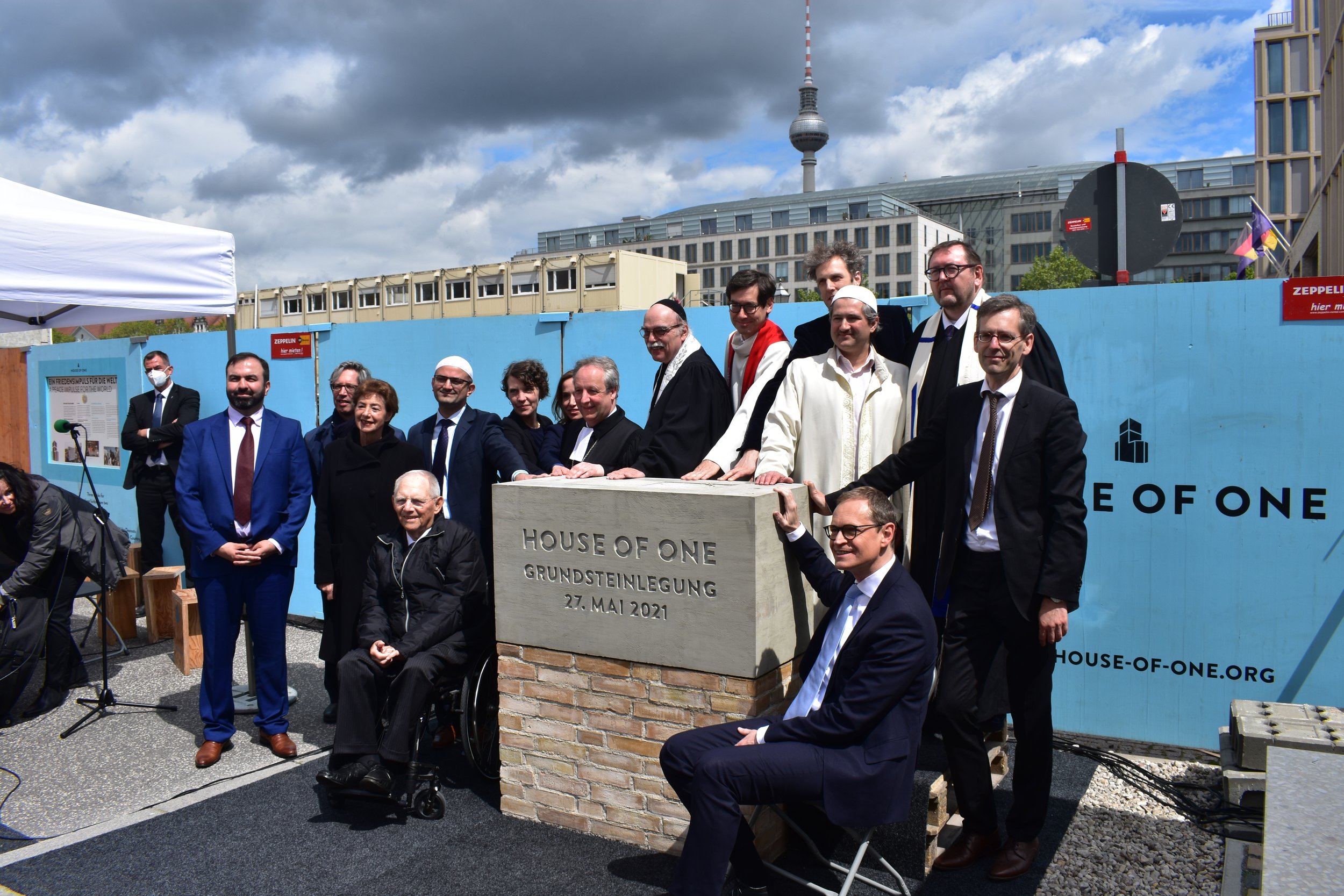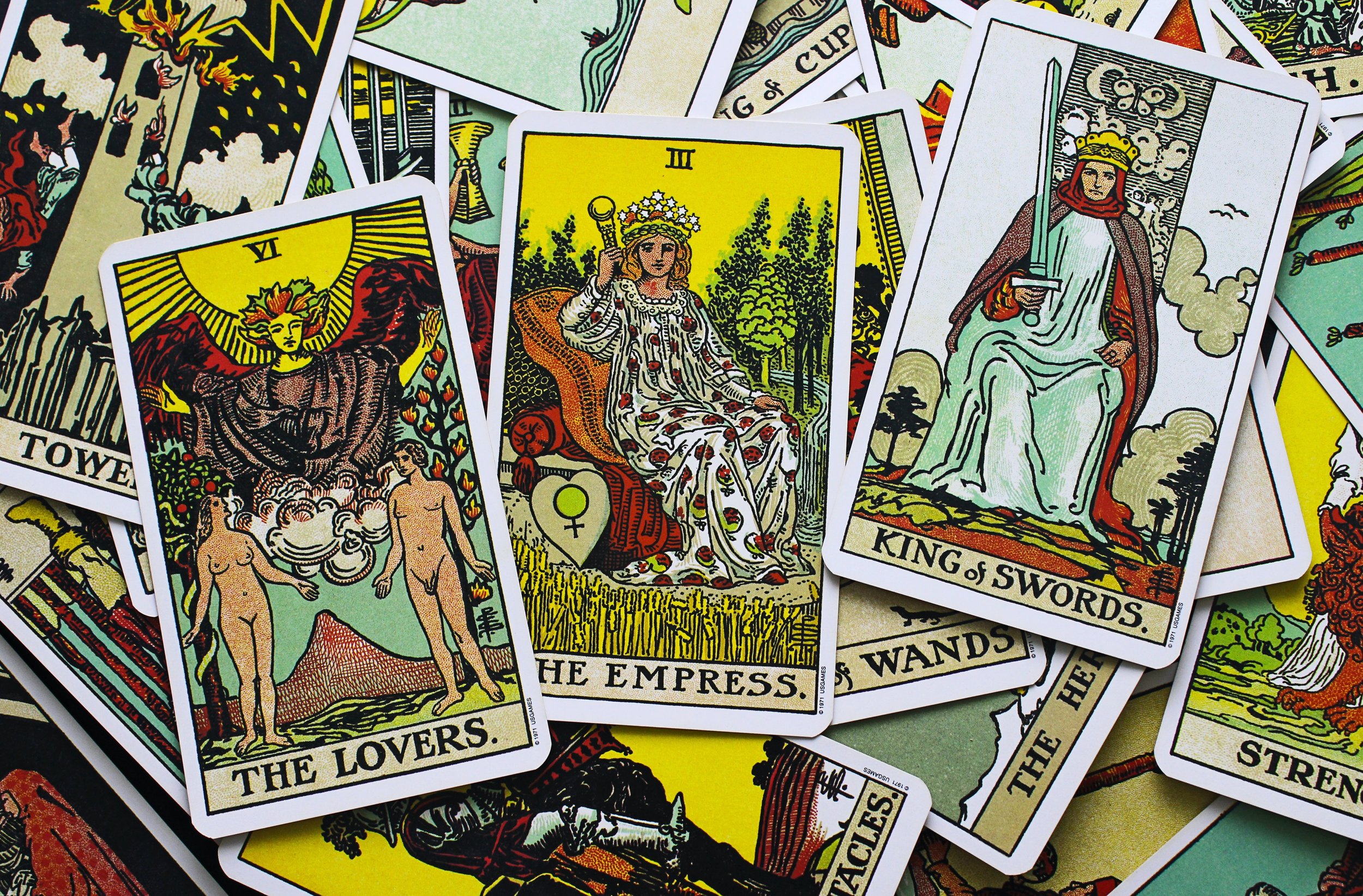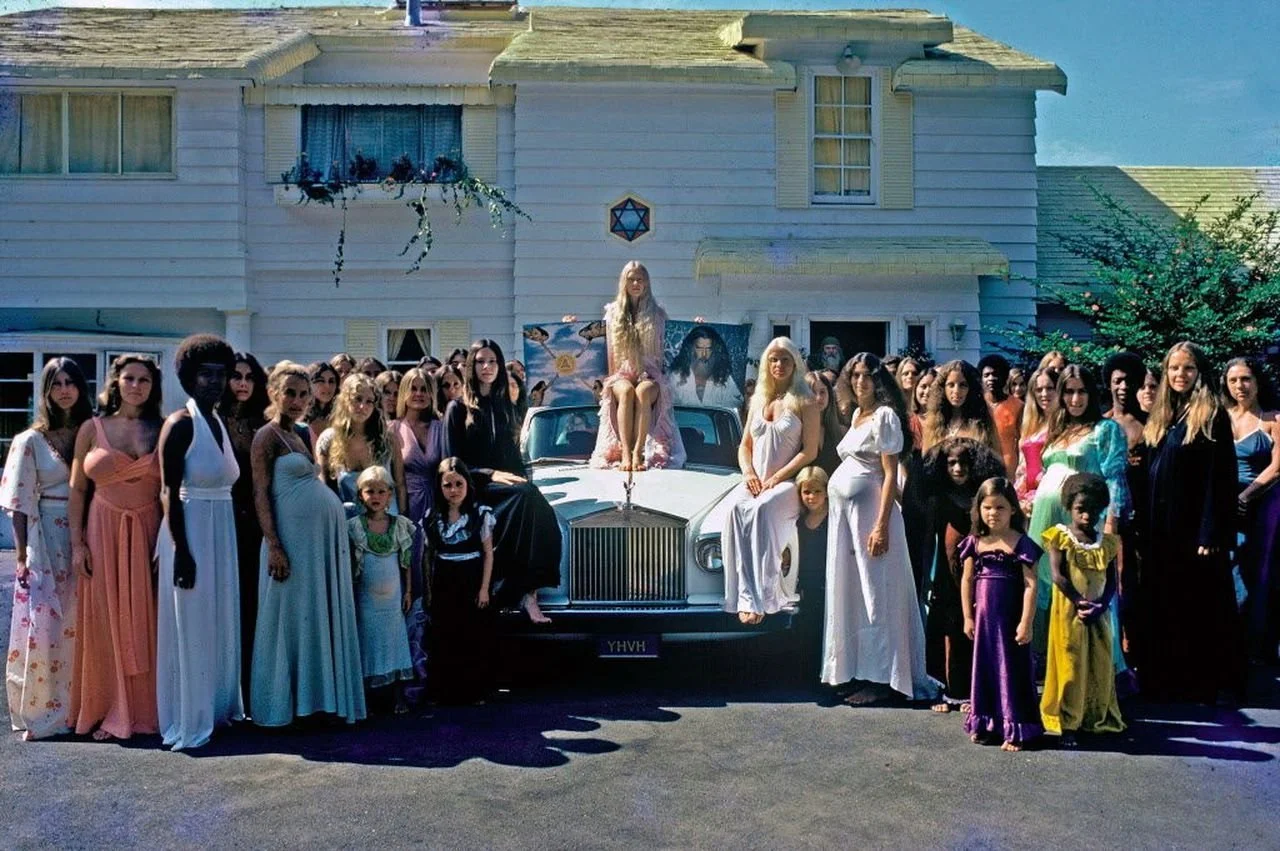When I moved to Germany, I was invited to take part in a pioneering project to map interreligious dialogue (IRD) efforts across the country.
In the aftermath of the 10th World Assembly of Religions for Peace in Lindau in August 2019, a group of colleagues got together to pursue the idea of an interreligious cartography in Germany. The goal was to make a comprehensive survey of local, national, and international interreligious initiatives and actors in German municipalities to serve as a reference for future research.
Through our investigation, we gained a clearer picture of what IRD looks like in Germany and who is taking part. From Bonn to Berlin, Flensburg to Freiburg, one of the things that became evident was that many of the local initiatives involved, or were led by, religion scholars and academic theologians. Based on my own research and experience, this holds true in the U.S. and elsewhere, with scholars often actively involved in IRD efforts at the local, regional, national, and international levels.
As I reflected on this, I pondered a few questions: Are religious studies and IRD natural companions or should they be carefully delineated and divided? Should those who study religion lead the way when it comes to multi-religious responses to the world’s pressing issues? Or, as some argue, should IRD remain an object for critical study and not participation?














